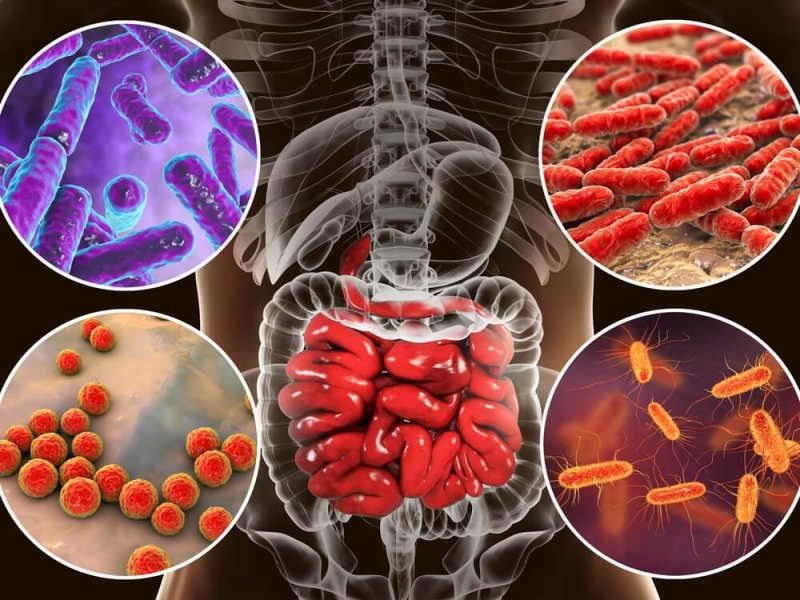To date, CRISPR enzymes have been used to edit the genomes of one type of cell at a time: They cut, delete or add genes to a specific kind of cell within a tissue or organ, for example, or to one kind of microbe growing in a test tube.
Now, the University of California, Berkeley, group that invented the CRISPR-Cas9 genome editing technology nearly 10 years ago has found a way to add or modify genes within a community of many different species simultaneously, opening the door to what could be called “community editing.”
While this technology is still exclusively applied in lab settings, it could be used both to edit and to track edited microbes within a natural community, such as in the gut or on the roots of a plant where hundreds or thousands of different microbes congregate.
“Eventually, we may be able to eliminate genes that cause sickness in your gut bacteria or make plants more efficient by engineering their microbial partners,” said postdoctoral fellow Brady Cress. “But likely, before we do that, this approach will give us a better understanding of how microbes function within a community.”































